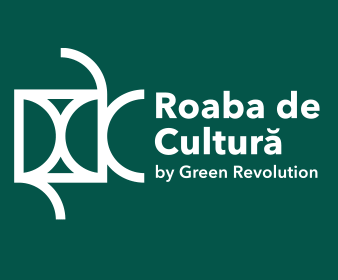Game consoles are among the least environment-friendly electronic gadgets, Greenpeace revealed today with
the release of the 6th edition of the Greenpeace Guide to Greener Electronics. The Guide, first launched in August 2006 and rates PC and mobile phone manufacturers on their environmental practices, has been
expanded this month to include gaming consoles and television sets. Video game market leader Nintendo lands at the bottom of the ranking guide with a score of zero out of a possible 10 points, followed by TV
manufacturer Philips (2.0) and Microsoft (2.7).
The global games consoles sector is the fastest growing sector of the electronics industry and is dominated by only three companies, Nintendo, Sony, and Microsoft. In 2006, the industry shipped 62.7 million units
worldwide. But the low scores from leading manufacturers Nintendo and Microsoft reveal that they still have a long way to go in improving their environmental policies and practices. Nintendo is the first company to score zero in all criteria, namely on policy and practice on the use of hazardous chemicals, and on take back and recycling discarded products.
"It has been more than a year since we introduced the Greenpeace Guide to Greener Electronics and in that time we’ve seen how mobile phone and PC companies have aspired to improve their environmental policies on toxic chemicals and take back systems. Greenpeace is campaigning to green the electronics industry as a whole. By looking at other sectors of the electronics industry like gaming consoles, we hope this ranking
guide can also encourage a similar shift in their environmental policies," said Greenpeace Toxics Campaigner Beau Baconguis.
The new edition of the quarterly guide also shows important changes at the top of the ranking. Sony Ericsson has now taken the top spot, followed by Samsung, and Sony. Nokia, which has held the top spot since
June 2007, has slid down to number nine, and, along with Motorola has been given penalty points. Greenpeace tested the implementation of product takeback programs in six countries where Motorola, Nokia, and Sony Ericsson claim on their websites to operate product takeback programs. Nokia representatives in the Philippines, Thailand, Argentina, Russia, and India were not informed about their companies’ global
policies and in many cases provided misleading information. Motorola staff in the Philippines, Thailand, and India were unable to direct customers to collection points in their respective countries.
Apple, Panasonic, Samsung, Sharp, Sony, and Toshiba have recently indicated that they now produce personal computers, lighting LCD panels, camcorders and digital cameras–or at least major components of these items–which are free of PVC and/or BFRs.
Firms which are upwardly mobile in the Greenpeace Guide are those whose entire products, or major components of products, are entirely free of specified hazardous ingredients. Companies which simply commit to eliminating harmful chemicals sometime in the future achieve a lower score.
"Commitments to coming clean in the future are no longer sufficient to secure a top place in the ranking," said Baconguis. "Companies that aspire to environmental leadership need to be putting products on the
market that are free of harmful chemicals. And they need to offer customers, wherever they are, a service to take back old products for recycling responsibly," she added.



